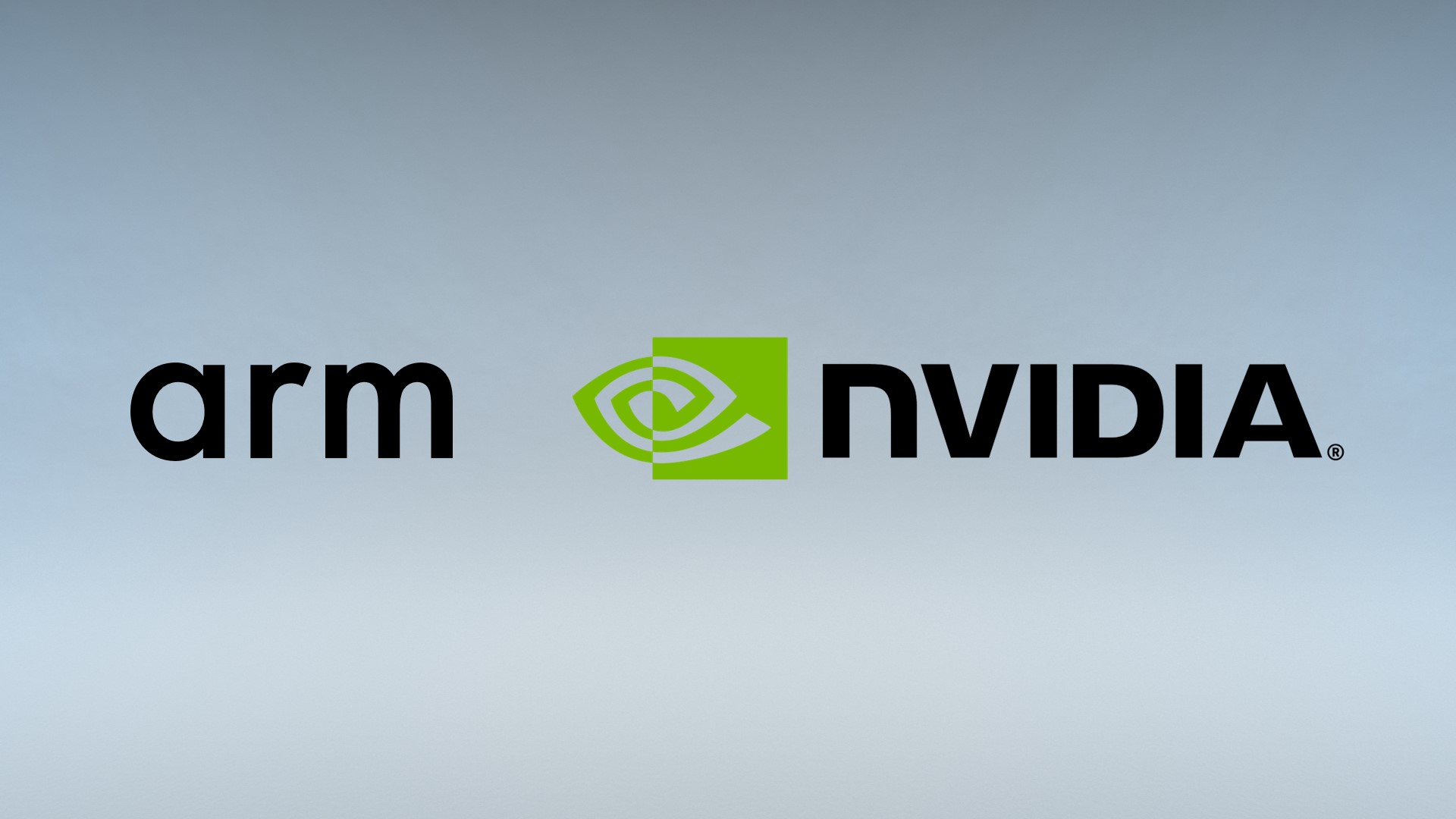
Nvidia will keep ARM licensing “neutral,” wants to license GPU tech, too
But can Nvidia play nice with Apple, Linux, and other ARM partners?
by Ron AmadeoNvidia has officially announced that it is buying ARM from SoftBank for $40 billion. The deal is one of the biggest tech acquisitions of all time and will see Nvidia control the world's most popular CPU architecture.
Nvidia's press release oddly paints the deal as primarily about "AI," saying the deal "brings together NVIDIA's leading AI computing platform with ARM's vast ecosystem to create the premier computing company for the age of artificial intelligence." Nvidia apparently sees GPU-accelerated AI as its next big growth sector, and the company currently sells embedded systems for self-driving cars and multi-GPU systems for workstations and servers, offering high-teraflop deep-learning performance. Somehow it thinks ARM will help with this.
What seems far more important, though, is how Nvidia will manage ARM's wide-ranging chip design and architecture-licensing business, which powers the majority of the world's electronic devices, especially those smaller than a laptop. Nvidia says that "as part of NVIDIA, ARM will continue to operate its open-licensing model while maintaining the global customer neutrality that has been foundational to its success." On a conference call following the deal, ARM CEO Simon Segars also reiterated, "We will maintain our neutral business model and will keep a level of independence."
The two companies don't seem like they will be completely separate, though, with Nvidia adding, "ARM partners will also benefit from both companies' offerings, including NVIDIA's numerous innovations." A report from Reuters elaborates on this, saying, "Nvidia will expand the model by licensing some of Nvidia's designs—including its graphical processing unit, or GPU, technology—through Arm's network of silicon partners."
ARM will move from being a Japanese-owned company to being an American-owned company, which should further worry Chinese companies facing a trade war with the United States. Nvidia says ARM will remain headquartered in its hometown of Cambridge, England, which Nvidia wants to turn into a "world-class technology center." The company plans to build a "state-of-the-art AI supercomputer, powered by Arm CPUs" on the campus. Nvidia also promises a big boost to ARM's R&D spending.
Any deal this big is going to be subject to regulatory approval around the world, and Nvidia says the deal should close in "approximately 18 months."
Can everyone get along with Nvidia?
One potential problem with Nvidia running the world's most-popular chip designer is that Nvidia has a reputation for being hard to work with. If Nvidia wants to keep ARM running as it has in the past, the company will need to rebuild a few burned bridges.
Linux is easily the most popular OS for ARM chips, both as mainline GNU/Linux and Android, but Nvidia has never gotten along well with the Linux community. Nvidia has been unwilling to open source its drivers, which makes Linux support difficult. In 2012, Linus Torvalds was asked why Nvidia support on Linux was so poor, and Torvalds famously responded, "Nvidia has been the single worst company we've ever dealt with. Nvidia, fuck you!"
Nvidia and Apple also do not get along, which puts Apple in an awkward position. Apple and Nvidia's problems can be traced back to 2008 MacBooks, which shipped with some defective Nvidia GPUs that Apple ended up launching a free replacement program for. Afterward, Apple reportedly did not take kindly to "the arrogance and bluster of Nvidia proposals" in the next round of negotiations, and Apple soon ended up dropping Nvidia GPUs from its lineup completely. The bad blood between the two companies seems to continue to this day: Apple dropped support for newer Nvidia products in MacOS Mojave in 2019, and even aftermarket eGPUs or PCI-E Nvidia cards for the Mac Pro aren't supported on Mac OS.
Apple's in-house SoC division not only develops ARM chips used in iPhones and iPads, just three months ago Apple announced the entire Mac line will transition from Intel to ARM. Apple's entire hardware lineup will soon rely on architecture licensing from Nvidia.
Potential “backlash”
If Nvidia does end up ruining ARM, there aren't a lot of alternative options currently out there. The great hope would be in the RISC-V instruction set, an open source ARM alternative that doesn't require any licensing. Spinning up a quality ecosystem of hardware, compilers, operating systems, and software is such a daunting task, though, that most vendors were happy paying ARM licensing fees.
Maybe Nvidia's purchase will be the push companies needed, though. The earlier Reuters report we mentioned already claims there is a "backlash" forming against Nvidia, and it says that "a source at one US company using Arm designs said the move would likely accelerate an industry shift already under way from Arm designs to RISC-V."